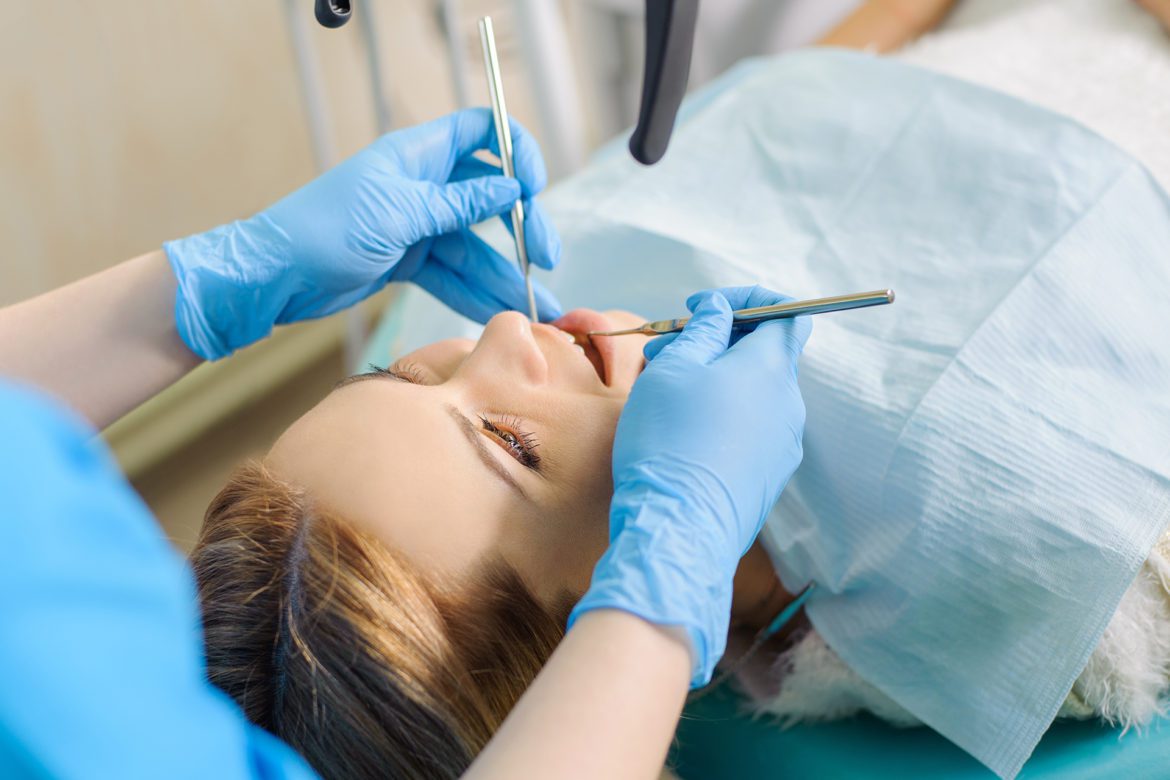Pregnant women treated for gingivitis saw a reduced risk for preterm birth and increased birth weight compared with women who did not have such treatment, according to a study published in Oral Health & Preventive Dentistry.
“Due to the hormonal changes during pregnancy, pregnant women are susceptible to gingivitis, with 60% to 75% affected, so it’s very common,” author Joerg Eberhard, med.dent, MME, dental-scientist translational researcher and chair of Lifespan Oral Health at the University of Sydney School of Dentistry and Charles Perkins Centre, said in a press release.
“Oral infection can have systemic effects in the body. Gingivitis releases inflammatory markers and bacteria into the systemic blood stream, which may reach the placenta and induce poor pregnancy outcomes such as preterm delivery,” Eberhard said.
The researchers conducted a systematic review and meta-analysis of two randomized and one nonrandomized clinical trials that included 1,031 study participants.
Pregnant women who participated in these trials received supragingival and subgingival scaling by instrumentation as well as oral hygiene instruction. In one study, these women also received a 0.12% chlorhexidine mouthwash to use once a day until delivery. All the participants in the studies’ control groups were offered treatment after delivery.
Women who received treatment had a statistically significant reduced risk for preterm birth (OR = 0.44; 95% CI, 0.2-0.98). They also saw statistically significant higher birth weight (weighted mean difference, 105.36 g; 95% CI, 36.72-174.01).
However, a meta-analysis focused on the randomized controlled trials showed that gingivitis treatment did not decrease the risk for preterm birth (OR = 0.41; 95% CI, 0.13-1.26) or low birth weight (OR = 0.92; 95% CI, 0.38-2.21).
Also, the treatment group experienced a nonstatistically significant increase in gestational age at birth (weighted mean difference, 0.31 weeks; 95% CI, –0.02 to 0.64).
The researchers further found substantial evidence of a decreased risk for perinatal mortality (RR = 0.53; 95% CI, 0.3-0.93) among the women who received treatment during pregnancy.
According to the researchers, even mild inflammation in the oral cavity including the gums can negatively affect pregnancy outcomes, making oral health management essential.
“Our study shows that if gum inflammation is treated during pregnancy, the risk for a baby being born preterm is reduced by approximately 50%, or the birthweight increases around 100 grams in babies born with low birth weight,” Eberhard said.
The researchers also said that gingivitis treatment is easy, inexpensive and accessible.
“A dental checkup and clean every 6 months should prevent and treat any gum inflammation,” Eberhard said.
The researchers emphasized that gum inflammation is not the only factor in preterm birth and low birth weight, but they did say that gum health would benefit from more vigilance, in addition to other prenatal care.
Also, the researchers said that 15.5% of all deliveries result in low birth weight of less than 2.5 kg, and almost 11% of all live births occur before 37 weeks of pregnancy.
“The treatment of gingivitis in pregnant women to improve birth outcomes is a global public health issue, especially when considering the high frequency of gingivitis in pregnant women and the ease of gingivitis treatment compared to the treatment of periodontitis if it is left untreated,” Eberhard said.
He encouraged all pregnant women to have dental checkups and gingivitis treatment if necessary.
“Dental services for pregnant women should be provided free of charge to encourage mothers to get regular checks during their pregnancy to prevent any gum inflammation,” he said.

